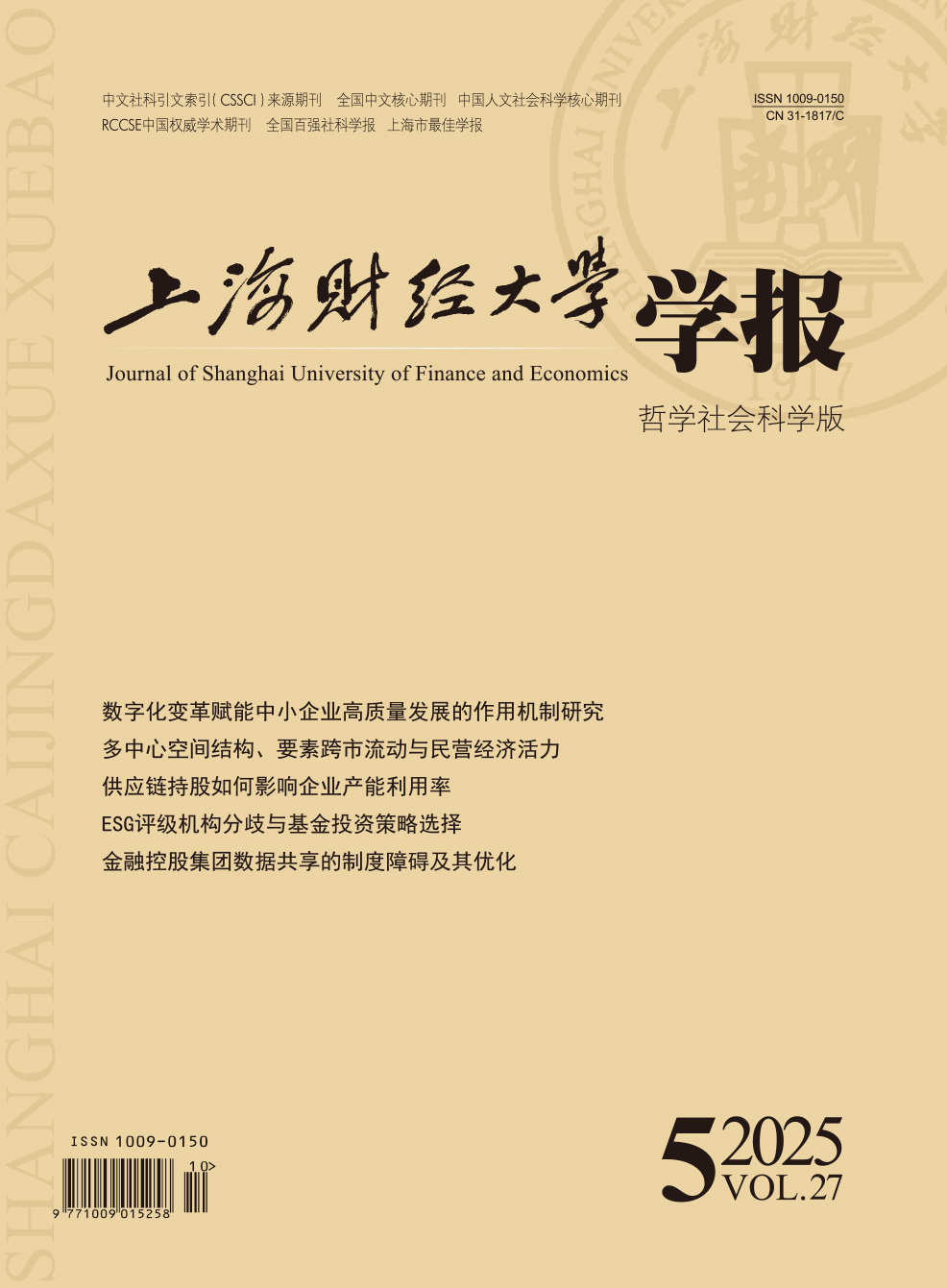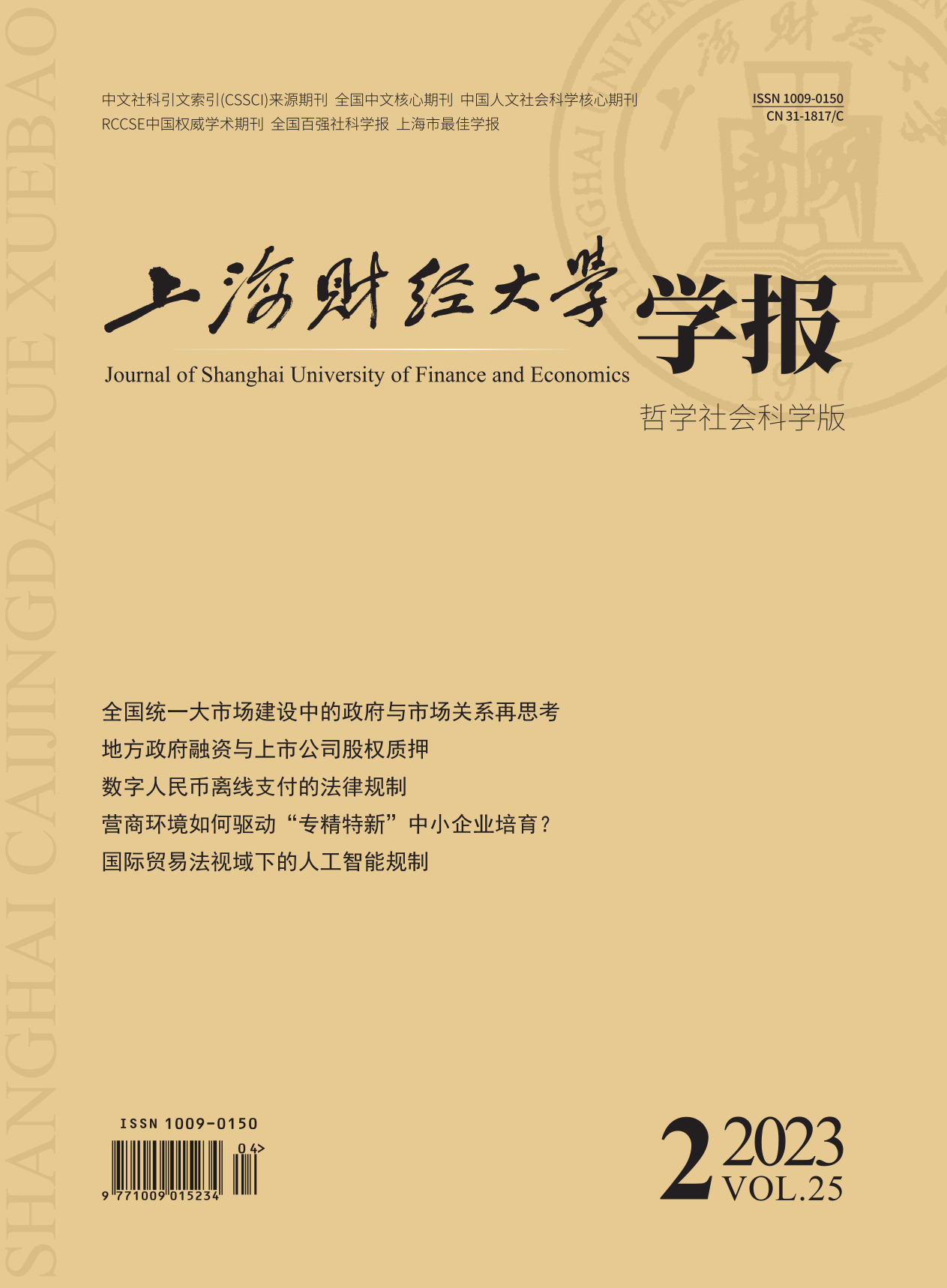In recent years, China’s local government debt has become prominent and risky, which has been an important factor threatening China’s financial stability and economic growth. One of the most prominent negative effects at the micro level is the crowding-out effect on corporate financing. The formation mechanism of China’s interest rate liberalization has not been really established, and banks prefer to use collateral for credit rationing. Therefore, the controlling shareholders of listed companies in China will choose share pledge as a financing alternative when facing the crowding out of local government financing.
We investigate the impact of local government financing on controlling shareholders’ share pledge decisions using the unbalanced panel data on A-share listed companies from 2012 to 2018. It is found that the larger the scale of local municipal investment bonds, the higher the proportion of local controlling shareholders’ share pledge. Since the financing constraint is an important influencing factor of share pledge, this paper further quantifies the degree of financing constraint based on controlling shareholders’ property rights, the industry’s dependence on funds, the size of controlling shareholders’ internal capital market or whether it receives cash dividends. The results show that private controlling shareholders are more severely crowed out by local government financing. When controlling shareholders have a larger internal capital market or receive cash dividends, local debts will mitigate the impact on share pledge. Moreover, the industry sensitivity of local government investment also has a differential impact on the share pledge of state-owned or private companies.
This paper makes the following contributions: First, it studies the crowding-out effect of local government financing from the perspective of share pledge, which expands the research on local debt issues. Second, based on the external macro shock—local government financing, it discusses the hidden motives behind share pledge, which is not only conducive to overcoming the endogenous problems in share pledge research, but also helpful to understand the motivation of share pledge decisions and explain the economic behavior of listed companies. Third, it confirms that local government financing brings higher costs to individual financing, which deepens the understanding of the negative impact of local government financing, and helps government departments comprehensively assess local debt risks and strengthen local government debt governance.





 4626
4626  6209
6209

